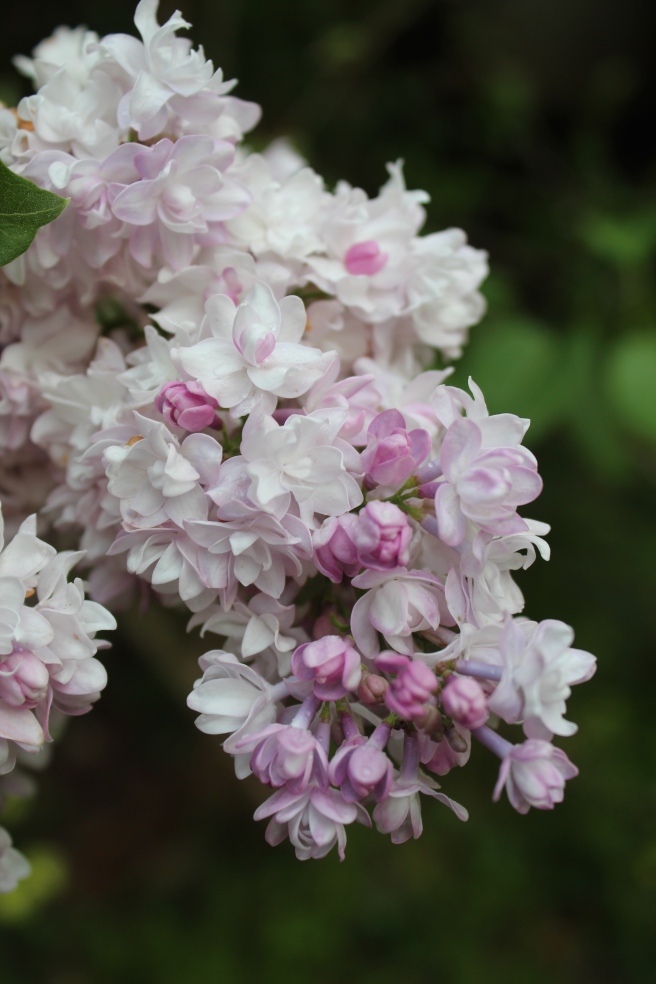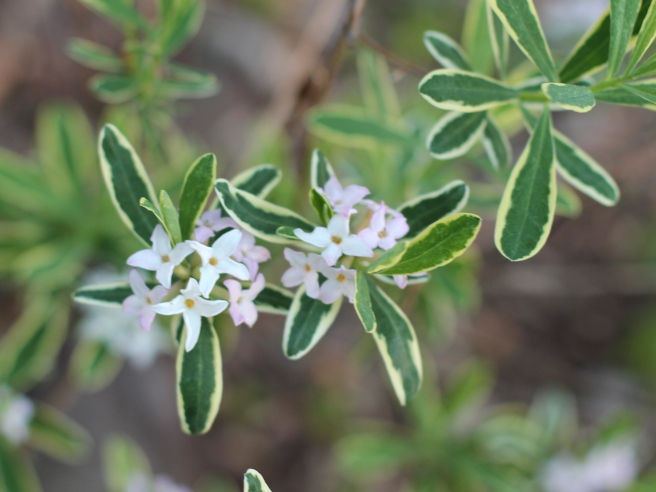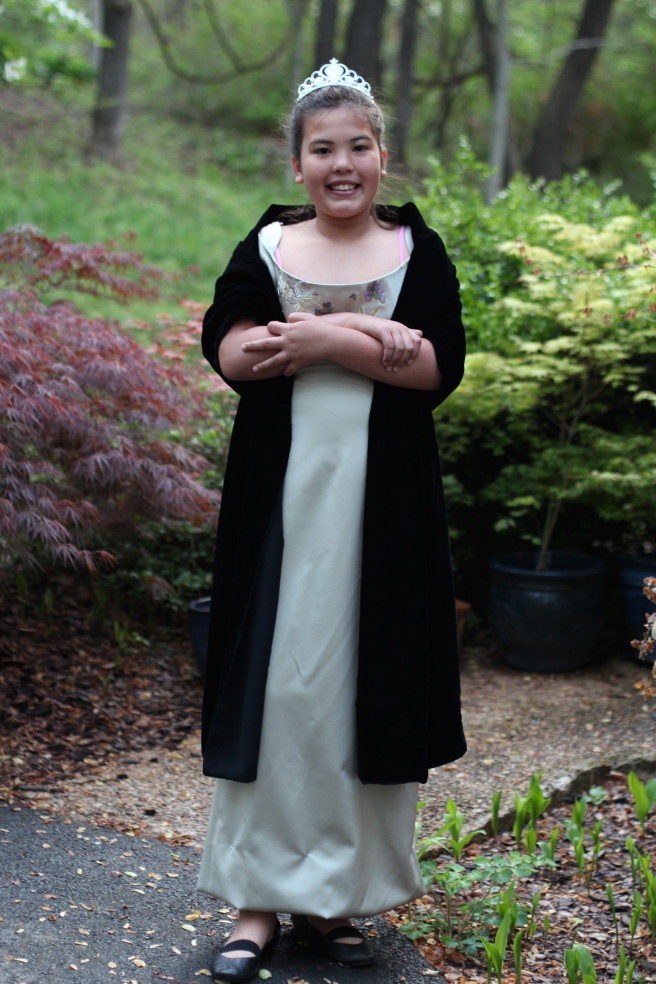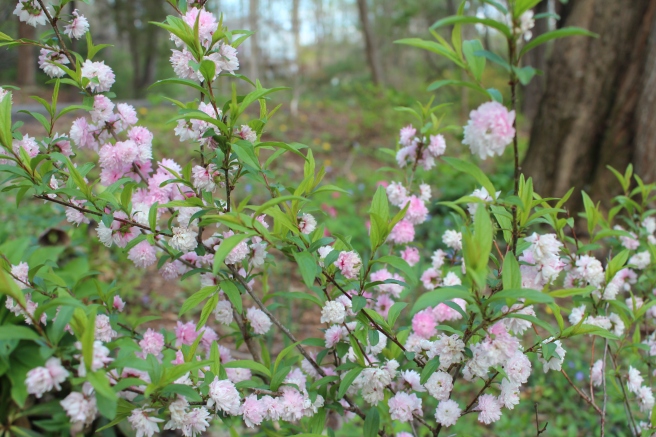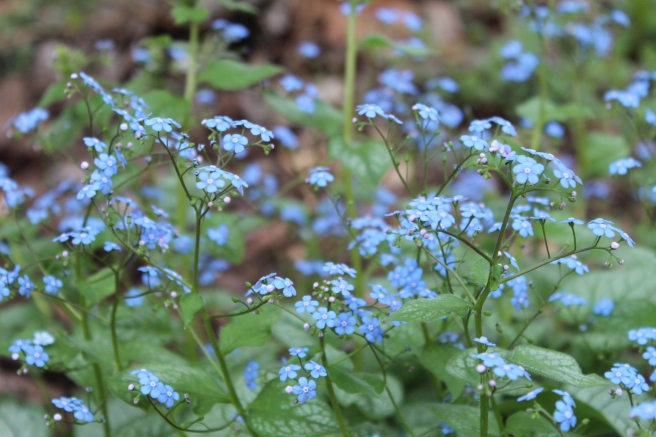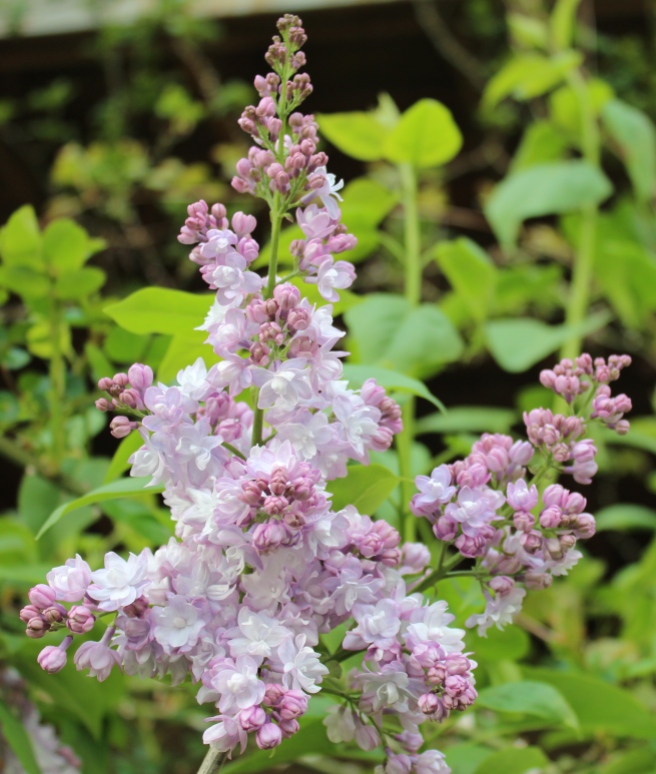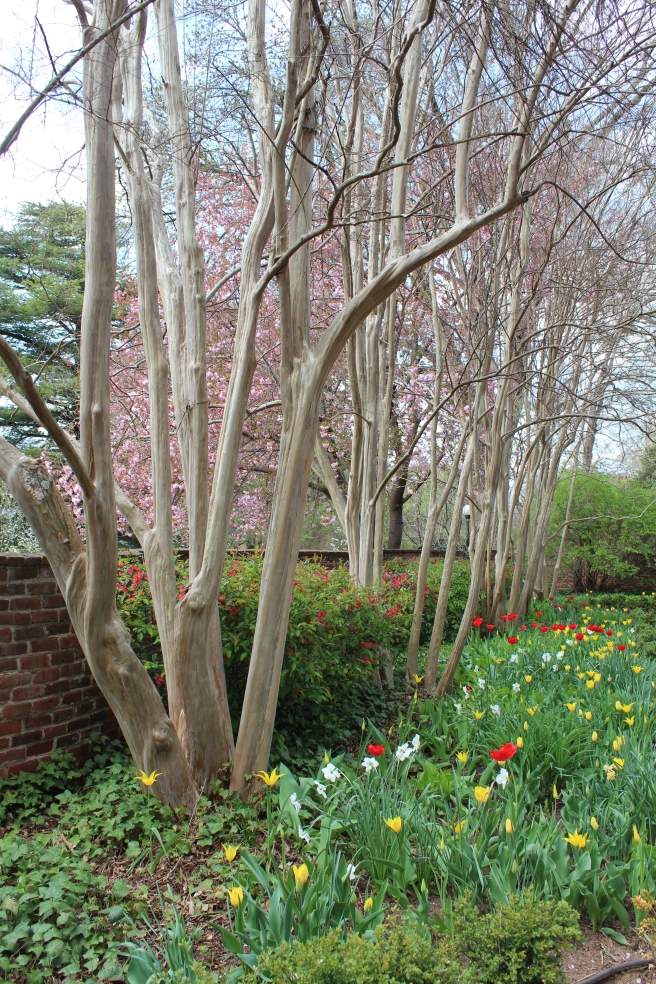
The first time I read Grandfather’s Journey out loud to my children, I kept having to stop to recompose myself. My children were entirely used to this kind of nonsense. It would happen every. single. time I read them Eileen Spinelli’s Sophie’s Masterpiece, at many points throughout the years it took us to read through the entire Harry Potter series, every Christmas when I would read them Max Lucado’s The Crippled Lamb…When I would pause to gulp back a sob that threatened to escape, they would glance up at my face and then look back at the page I was in the middle of trying to read, politely ignoring the tears dropping on their little heads, waiting patiently for me to resume.

T and her cousins
I felt a keen pang of recognition as I read Allen Say’s story, the Caldecott Medal winner in 1994. In spare language and restrained watercolors, Say recounts the story of his grandfather, who immigrated from Japan to America and then back again to Japan. It reminded me of my own parents’ story: their love for two different countries, and their irreconcilable longing for both. Say’s book ends with these words:
“The funny thing is, the moment I am in one country, I am homesick for the other.”
My mother told me once long ago that the minute she stepped off the plane in San Francisco for the first time in 1963, she felt at home in a way she never had in Korea. America suited her. As a woman, she relished her newfound freedom. She felt like she could finally be herself: an irrepressible charmer, who would easily chat up strangers everywhere she went…a woman who, instead of demurely tittering behind a hand covering her mouth, would toss her head back and give a full-throated chortle that would carry for miles…a Drama Queen, who could always command an audience. She discovered her true self in this country, and she was proud to become a naturalized American.
It never occurred to us that our parents would ever leave their adopted country, which they both embraced with a frank and almost corny patriotism. After many years, however, when they had lived longer in America than they had in Korea, they were reluctantly drawn back to the country of their birth by an overwhelming sense of duty and filial piety to help run a university that my grandfather had founded. When they would come back to visit their children at Christmas they would tell us that they couldn’t wait to get back to their own house in Virginia, the clean air, and us, of course. Every year they would declare that they would stay in Korea for just one more year. We believed them for the first few years, but these conversations were repeated every Christmas for more than a decade.
My mother finally returned to America when she was diagnosed with primary amyloidosis and was given 18 months to live. My sister found a clinical trial at Memorial Sloan Kettering, and convinced her to come for treatment. After multiple rounds of punishing chemotherapy it became clear that the treatment would kill her faster than her disease. My mother was kicked out of the clinical trial. To our utter dismay, as soon as she could manage to drag herself to the airport, she returned to Korea.
That summer my family and I went to Korea for a month. We were terrified that we would lose our mother at any minute and we wanted to make the most of the time we had left. We acted upon the premise that this summer might be our last one together…We took a long and grueling trip to the countryside to visit our maternal family’s burial grounds, assuming that it would be the last time my mother would ever be able to visit her parents’ and brother’s graves:
My dad showed my brother and me where our own names were engraved on our grandparents’ markers:
My mother recognized someone from my grandfather’s church, who was there tending the graves that day. She took the opportunity to point out to him the spot she had picked, not far from her parents’ graves, where she wanted to be buried.
My mother was spending most of her days in bed, but one day she insisted on taking us to the center of bustling Seoul to buy my daughter a traditional Korean dress. I remember nervously holding my breath as she made her way across busy city streets at a painfully slow crawl, not bothering to look left or right. My daughter has never been one to tolerate itchy clothing, and she was never shy about letting her displeasure be known if we tried to force her into anything that looked remotely uncomfortable. I was so worried that she would complain about having to try on the dress and ruin an experience that meant so much to my mother and had cost her so much energy. I could have wept for joy when she beamed with delight at the sight of herself in the extremely itchy Korean dress my mother bought for her.
I will always cherish the memory of my mother’s smile as she watched my daughter twirl this way and that, admiring herself in the mirror. Later that day when my mother had collapsed in bed, my sister and I dressed my daughter up in the hanbok again. We taught her how to bow in the traditional Korean way so that we could videotape it to show my mother later:
I noticed a change in my mother that summer. She was sick and weak, and yet she somehow seemed more powerful in Korea. One day we were on the campus of the university when we noticed a young man skulking against a wall smoking a cigarette. She imperiously demanded that he leave the premises and that he take his offending cigarettes with him. He did so, repeatedly bowing apologetically as he hurried to obey my mother’s orders. Speeding cars hurtling along the streets of Seoul would come to a screeching halt as she would step into the street, staring straight ahead. Like Moses parting the Red Sea, she would hold up her wrinkled hand, commanding the drivers to stop for the several centuries it would take her to shuffle across the street. She knew all the best restaurants and their proprietors. She knew the best stalls at the marketplace and would chat amiably with the women who sat on their haunches serving up whatever mysterious roots or vegetables they were selling that day. One afternoon she called to tell me that she had picked out a bracelet for my daughter and that she wanted me to come with her to the jewelry shop across the street from her apartment. I watched awe-struck as she bargained with a woman, who helplessly caved in the face of her calm insistence that the price she would pay for the bracelet would be a ludicrously tiny fraction of the price listed on the tag. She was comfortable. She was home.
We didn’t know it at the time, but the chemotherapy that almost killed my mother, saved her life in the end. She is still in remission. About six years ago, my parents finally returned to their house in Virginia. The first months were terrible. My parents happened to arrive in the middle of a particularly harsh winter. The long flight had exhausted my mother, and it was taking much longer than usual for her to recover from jet lag. She knew she would never be able to make the arduous journey across the ocean again, and she was profoundly sad to have left behind her life in Korea forever.
“But mom,” I said to her, “Remember you once told me you felt more like yourself here in America?”
“That was before…I’ve been away from here for too long,” she replied sadly, “It’s not the same.”
That spring my mother desperately waited for the cherry blossoms to bloom on the tree in her yard. Cherry trees were blooming all around DC and in my parents’ neighborhood, but the tight buds on the tree in their own yard stubbornly refused to open. My sister and I anxiously conferred with each other about the status of those blooms every day. My mother’s very survival seemed to depend on that tree finally coming back to life again. As I wrote in my Cherry Blossoms post a few years ago, if my sister and I could have opened each blossom by hand, I swear we would have. Of course the tree eventually did break into bloom. It was the most riotously joyful display I’d ever seen on any tree anywhere. With their appearance, my mother’s spirits began to recover.
The cherry trees are blooming again now…I’ve always loved cherry blossoms, but they mean so much more to me now. Even after the bitterest of winters, they faithfully return every year, blessing us with their impossible, miraculous, ravishing blossoms.
My dad is turning 80 this year. For his birthday, my sister told him she would take him anywhere in the world he wanted to go. He’s a history buff, and has never been to Europe. We assumed he would want to go to a place like Rome or London. He wants to go back to Korea. In a few weeks I will go with my sister and parents back to a place they never thought they would see again. I think we will go back to visit the graves of our grandparents. We will leave Seoul to go to the country to visit my father’s surviving brothers. I imagine it will be for the last time, but who knows?
Life can be so precarious, so unpredictable, and sometimes…so wonderful.












